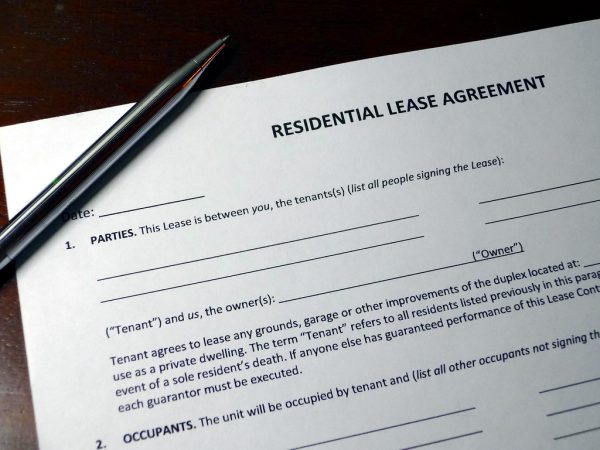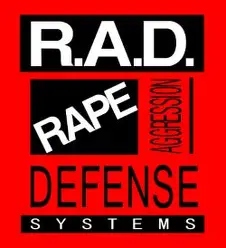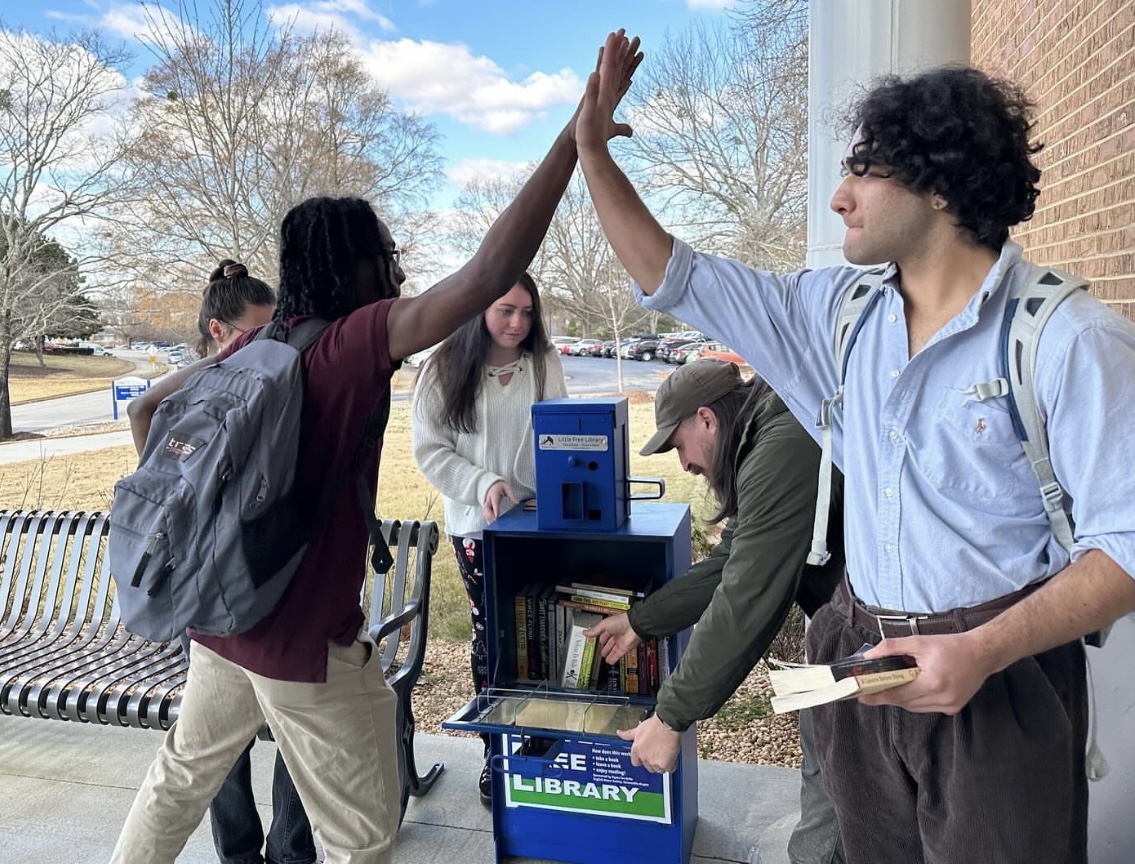A year ago this week, Brian Kemp signed into law the Georgia Squatter Reform Act. It added a subsection to the criminal trespass state code, or state law. The criminal trespass law, GA Code 16-7-21 now has a subsection, GA Code 16-7-21.1.
The law states that, “A person commits the offense of unlawful squatting when he or she enters upon the land or premises of another and resides on such land or premises for any period of time knowingly acting without the knowledge or consent of the owner.”
Violation of this law will result in a citation, giving the suspect 72 hours to report to a magistrate court producing documented, legal proof that they are allowed to be where they were living when cited. This act was in response to a heightened occurrence of squatting in the state as well as across the country.
Chris Cooper, 25-year veteran police officer and Captain of the Winder Police Department’s Investigative Division blamed the internet and technology, saying it is “90% of the problem” for the squatting issue. He explains how easy these documents were to fake.
“You can just about Google a lease agreement and have one printed off in 20 minutes… using the address, you can find homeowners information on simple property tax searches through your local county records online. You can really forge all this stuff and have it made up in an hour or so. The real problem they run into is knowing when the building is vacated long enough to get in.” – Chris Cooper, Winder Police Department Investigative Division Captain
Before the act was passed, criminals were targeting vacant homes for sale, Airbnbs and places for rent with no one currently renting there. Traveling light, they were able to move in, taking 30 minutes or less without anyone finding out they lived there. When they were eventually discovered, the squatters had falsified rental agreements or lease documentation that they were allowed to be there. As a police officer, there is no way to prove or disprove that on the street level.

Furthermore, Cooper described how easy it was to get into some of these vacant homes. Most realtors today use a keypad door lock system, so as to be able to show the house more frequently to buyers. This allows anyone to call the realtor and express curiosity about the home, to which the realtor will likely say what Cooper described: “Oh great! Here’s a key code to get in, take your time, look around, call me if you’re interested!”
He then said that the way law enforcement polices this law has changed as well. Oftentimes when these suspects are cited, they do not appear in court and they disappear. They know the court will shoot the case down and they know the documents will be exposed as fake. If the squatters can be found, they can be kept and charged with criminal trespassing.
The new subsection requires a hearing within 72 hours, which expedites the backlog of the court system. It forces the civil courts to schedule hearings in a three-day time period. This helps the homeowner or landlord prove that there was a rental agreement established.
Cooper said that in these situations police officers are often accused of not doing their job, not getting rid of tenants who have been evicted and are trespassing or not physically removing squatters. “We all know this is illegal,” Cooper said, but he can also put himself in the shoes of the homeowner.
“If I come home on a Wednesday and you tell me it’ll be Monday before I can get a ruling, what am I supposed to do,” Cooper said. “Go get a hotel for the weekend while they’re in my house, possibly causing damage?”
Georgia also has what is known as a “Stand Your Ground” law. This is a law that states a person is not required to retreat if threatened with violence they believe to be lethal. This law is essentially an expansion of the “castle doctrine,” which is self defense in one’s own home. In Georgia, self-eviction is illegal, which makes it more difficult on landlords with people in their buildings for lease to remove squatters.
The captain said that although the letter of the law is black and white, the operational aspect of the law is mostly gray. Because of the nature of the law, squatting starts as a civil case: a wronging of one civilian against another without a specific law being broken until the squatter does not appear in court.
























